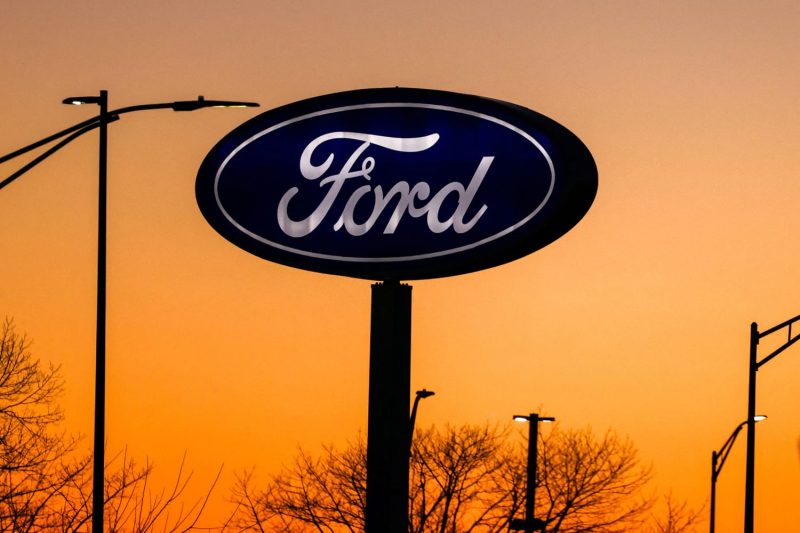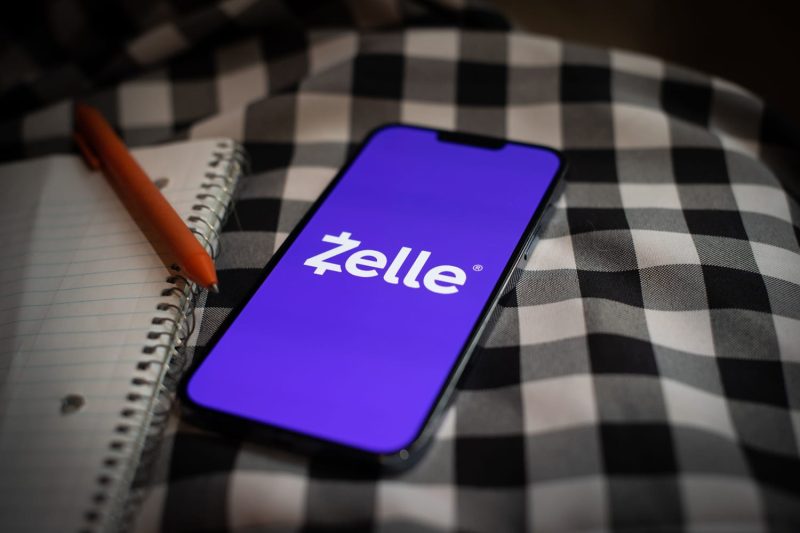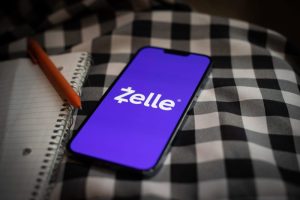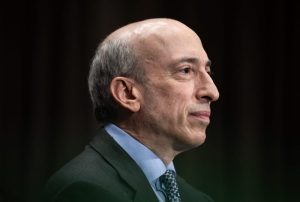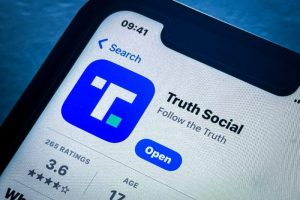Ford joins list of companies walking back DEI policies
Ford Motor is the latest company to walk back some of its commitments to diversity, equity and inclusion initiatives.
The automaker has taken “a fresh look” at its DEI policies and practices over the past year to take in to account the evolving “external and legal environment related to political and social issues,” according to an internal communication that was shared with global Ford employees and posted on X on Wednesday by an anti-DEI activist. Ford confirmed the letter was authentic and said it had no additional comment on the matter.
Ford’s move follows retailer Tractor Supply, which was one of the first major companies to stop its DEI efforts, as it severed ties earlier this summer with the Human Rights Campaign, an LGBTQ+ advocacy group, and retired DEI targets like boosting the number of employees of color at the manager level. Harley Davidson also decided last week to stop consulting the HRC’s metric for treatment of LGBTQ+ employees and affirmed that it does not have a DEI function.
Home improvement retailer Lowe’s also joined the efforts earlier this week, and noted that it might also make additional changes to the policies over time.
The companies have cited conservative backlash or changing social and political environments in their announcements.
In its memo Wednesday, Ford said it will not use quotas for minority dealerships or suppliers, adding that it does not have hiring quotas.
The automaker will also stop participating in the Human Rights Campaign’s Corporate Equality Index, as well as various other “best places to work” lists.
“As a global company, we will continue to put our effort and resources into taking care of our customers, our team, and our communities versus publicly commenting on the many polarizing issues of the day,” Ford said in the statement sent to employees. “There will of course be times when we will speak out on core issues if we believe our voice can make a positive difference.”
The Human Rights Campaign scores participating companies annually based on their corporate equality measures for LGBTQ+ individuals, including practices like offering spousal medical benefits regardless of sex and having distinct LGBTQ+ community outreach efforts.
Ford, in previous years, had received a perfect score on the index.
In a statement, Human Rights Campaign President Kelley Robinson said the group was disappointed in Ford’s decision.
‘By failing to support women leaders, employees of color, and LGBTQ+ employees, Ford Motor Company is abandoning its financial duty to recruit and keep top talent from across the full talent pool,’ Robinson said in a emailed statement. ‘In making their purchasing decisions, consumers should take note that Ford Motor Company has abandoned its commitment to our communities.”
In the wake of the Supreme Court decision to overturn affirmative action in colleges, a growing number of conservative activists on social media have called on companies to stop investing in DEI.
“There is an old saying: If you give an inch, people take a mile, and that is essentially what we have seen when the Supreme Court made a ruling that was very specific to institutions of higher education,” industrial and organizational psychologist Derek Avery told CNBC. “Conservative state attorney generals sent letters to corporations warning them that they could expect to be sued if they continue to advocate and promote DEI practices within their organizations that could be construed as counter to the Supreme Court ruling, even though the Supreme Court ruling had no bearing on those corporate initiatives.”
In response to an inquiry from NBC News, the anti-DEI activist Robby Starbuck said in an email that calling the campaign an anti-LGBTQ effort would be ‘inaccurate.’
‘I oppose any group about sexuality in the workplace whether you’re gay or straight,’ he said, citing the support his effort has received from the Log Cabin Republicans, a politically conservative group led by gay GOP members.
‘What we want to do with this campaign is just make workplaces about work again with no divisive political or social issues,’ Starbuck said. ‘Some on the left may see sponsorship of a pride event as supporting a community but others see children being exposed to sexual content and find it wildly inappropriate for a workplace to sponsor. As a consumer I can’t in good faith support a company that explicitly funds things that I’m morally opposed to.’
